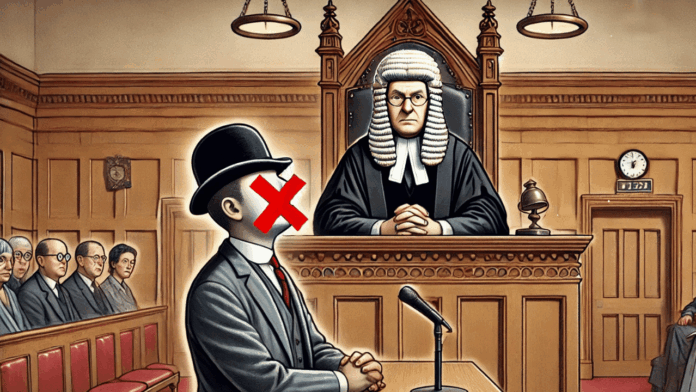Background: Qur’an Burning Sparks Legal Controversy
British citizen Hamit Coskun is currently on trial in the United Kingdom after burning a copy of the Qur’an outside the Turkish consulate in London. The incident, which took place earlier this year as part of a protest demonstration, has ignited a national debate over the boundaries of protest, freedom of expression, and the role of public order laws.
Defense: Accusations of Reintroducing Blasphemy Laws
Coskun’s legal team has argued that the prosecution is effectively reintroducing blasphemy laws in the UK, despite their formal abolition in England, Wales, and Scotland with the passing of the Criminal Justice and Immigration Act 2008. The defense contends that prosecuting Coskun for his actions amounts to punishing him for expressing views that may be offensive to some, but are protected under the principle of free speech.
According to the defense, the case sets a dangerous precedent by criminalizing acts that, while provocative, do not incite violence or hatred. They maintain that the right to protest and express dissenting opinions is a cornerstone of democratic society, and that Coskun’s actions, however controversial, fall within the scope of lawful expression.
Prosecution: Focus on Public Order, Not Blasphemy
The prosecution has countered that the charges against Coskun are not about blasphemy, but rather about disorderly conduct. Prosecutors argue that the act of burning the Qur’an outside a diplomatic mission was likely to cause harassment, alarm, or distress to those present, and that the law is being applied to maintain public order rather than to protect religious sensibilities.
The prosecutions claim that the UK’s legal framework no longer includes blasphemy as an offense, and that the case is being pursued under existing public order legislation. The prosecution asserts that the right to free expression is not absolute and must be balanced against the rights of others and the need to prevent disorder.
Legal and Social Context
Blasphemy laws were abolished in England and Wales in 2008, and in Scotland in 2021, reflecting a broader shift towards protecting freedom of expression. However, the Coskun case has reignited debate over whether current public order laws are being used to fill the gap left by the abolition of blasphemy statutes.
The trial has drawn attention from free speech advocates, religious groups, and legal experts, many of whom are watching closely to see how the court navigates the complex intersection of protest rights and public order. The outcome of the trial could have significant implications for future cases involving provocative or controversial forms of protest if the court rules that censorship of religious dissent can be charged under other laws like disorderly conduct based on vague assumptions made by authorities on what they imagine the outcome of such speech could be.
Ongoing Trial and Broader Implications
The trial is ongoing, with both sides presenting arguments about the appropriate limits of protest and the responsibilities of the state to maintain public order. The case highlights the ongoing tension between freedom of expression and the need to protect communities from actions that may incite unrest or cause harm.
As the proceedings continue, the UK public and legal community await the court’s decision, which could set an important precedent for how similar cases are handled in the future.
For more details, read the original article on The Guardian.

